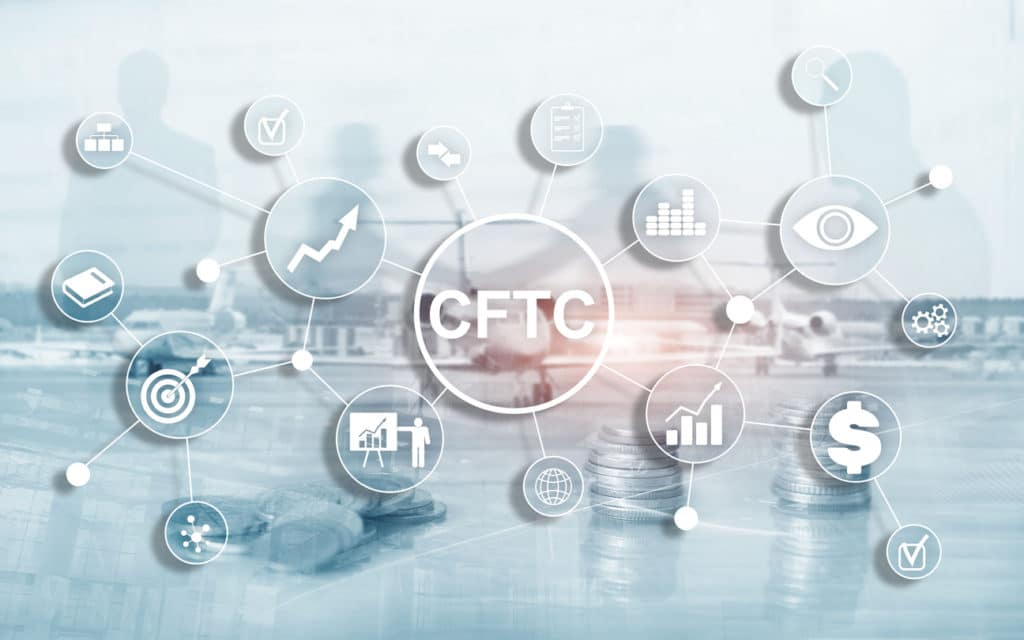According to a leading whistleblower attorney, the Commodity Futures Trading Commission (CFTC) Whistleblower Program is in crisis and Congress must immediately act to save the program. In a new article, Stephen M. Kohn of Kohn, Kohn & Colapinto explains how the success of the CFTC Whistleblower Program has led to an unexpected crisis and how a newly introduced bill could save the program.
As Kohn notes, the CFTC Whistleblower Program has been tremendously successful since it was created in 2010 with the passage of the Dodd-Frank Act. Information that whistleblowers have provided to the CFTC has led to billions of dollars in sanctions and has exposed otherwise undetectable commodities frauds. Kohn further notes that in recent years the program “has seen phenomenal growth.” Both the number of whistleblower complaints filed with the CFTC and the number of whistleblower awards issued by the agency have grown significantly since the program began. For example, in fiscal year 2020 the CFTC received over 1000 formal whistleblower complaints, dwarfing the 58 complaints received in the program’s first full year.
According to Kohn, the recent growth and success of the whistleblower program has nearly depleted the CFTC’s Consumer Protection Fund, which is the exclusive fund used to pay CFTC whistleblower awards. The Fund is entirely financed by sanctions paid to the CFTC by fraudsters. When Congress established the Fund in 2010 alongside the CFTC Whistleblower Program, it placed a $100 million cap on the Fund. Kohn explains that, because Congress could not have predicted the success of the program, “the $100 million limit placed on deposits into the Fund appeared very reasonable.” However, Kohn continues by claiming that, because of the growth of the program, “[f]unding levels that seemed reasonable in 2010 are not reasonable today. The current cap on deposits into the Fund threatens the integrity of a highly effective enforcement program.”
The recent success of the program has depleted the Fund so significantly the CFTC officials recently informed Senator Charles Grassley (R-IA) that it is postponing the issuance of rewards. Kohn writes that “[t]he CFTC is caught between a rock and a hard place. Congress mandates that rewards be paid, but the Fund does not have the money to permit the CFTC to comply with the law. Despite the requirement to compensate them, whistleblowers, many of whom have lost their jobs and careers, now face prolonged economic hardship. The CFTC whistleblower program is in crisis.”
According to Kohn, the solution to the crisis is for Congress to increase the cap on the Consumer Protection Fund. Kohn notes that the CFTC itself supports an increase. On February 24, a bipartisan group of Senators introduced the CFTC Fund Management Act which would raise the cap on the Fund from $100 million to $150 million. The Fund will continue to be entirely financed through sanctions and Kohn explains that the increase “simply reflects the significant increase in monetary sanctions obtained by the U.S. government from whistleblower-triggered cases and the resulting obligation to pay those whistleblowers a percentage of those sanctions.” The increase in the cap would ensure that the CFTC is able to promptly reward whistleblowers and would save the whistleblower program from its current crisis.
Kohn concludes his article by explaining that “[t]he Senate bill is now pending before the Senate Committee on Agriculture, Nutrition and Forestry. In order to ensure that whistleblowers are paid in a timely manner, as mandated under the Dodd-Frank Act, the Chairwomen of the Committee, Senator Debbie Stabenow (D-MI), along with Senator John Boozman (R-AR), the committee’s Ranking Member, are needed to support the bill’s sponsors in their effort to have the CFTC Fund Management Act quickly approved to stop the current financial crisis facing the CFTC.”
Read: CFTC’s Consumer Protection Fund Lacking Funds to Pay Whistleblowers
